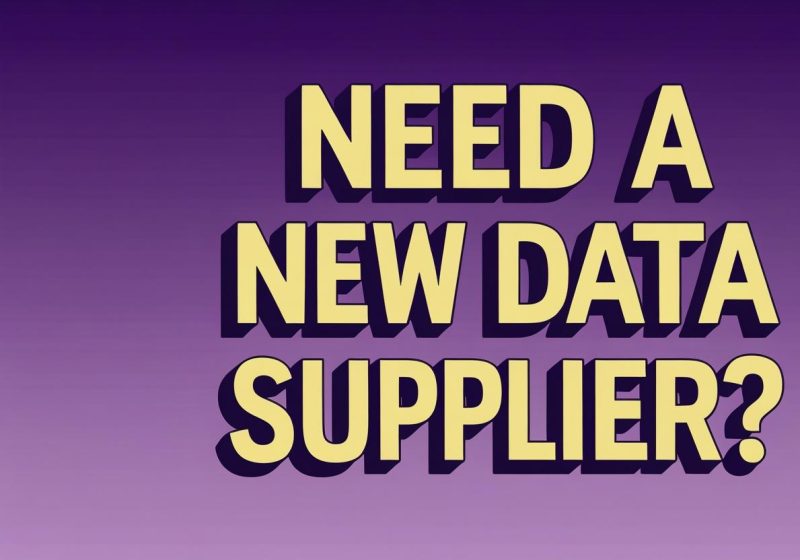According to the latest stats from StartUp Britain and think tank Centre for Entrepreneurs, 2014 was a seriously successful year for British business. All up, a record-breaking 581,173 businesses were registered with Companies House, which represents a significant increase on 2013’s 526,447 and 2012’s 484,224 figures.
For businesses offering B2B goods and services the spike in start-ups is a fantastic opportunity to grow and expand. However, just because the market is saturated with potential it doesn’t mean that the journey is easy. Successfully courting start-ups and building long-term relationships requires a strategic approach underpinned by a combination of research and sales skills.
Want to know more about how to nail it? Read on for our guide to finding and selling to new business start-ups.
1. Find the right market
One of the biggest challenges of selling B2B goods and services is tapping into the right market. Sure, there may have been almost 600,000 start-ups operating in Britain in 2014. However, each is unique and very few will have exactly the same needs and requirements. For this reason, it’s important to track down the businesses that are most likely to respond to your advances. When it comes to sourcing relevant contact numbers while still complying with the strict Telecommunications (Data Protection and Privacy) Regulations 1999 that are in place, Selectabase is a fantastic resource.
2. Establish tiered pricing models
Whatever the sector, start-ups share an inherent sense of newness. For this reason, they’re unlikely to want to commit to any long-term plans that could restrict future growth. By offering tiered pricing models, your product or service will be hugely appealing to businesses anticipating unprecedented and unpredictable growth. Offering start-ups an ‘only pay for what you need’ option is also an effective way to make them feel as though they’re securing a great deal and wasting zero resources.
3. Support their business goals
The best way to get start-ups on board is to show them that your goods or services are aligned with their business objectives. Take the time to determine what it is that they’re aiming for, and then highlight how your business can help them get there, fast! Is it more flexibility, heightened support, better payment plans, extra credit, networking assistance or some other perk? Whatever the benefit, show them why they need it, now.
4. Get in touch with the right people
When selling to start-ups it’s important to get your message to the right person. You should also tailor the language and tone to directly appeal to decision makers. For example, if your product is all about tech features address your initial communication to the CTO. If it offers financial savings target the CFO.
5. Highlight growth opportunities
Every start-up anticipates future growth. To win them over, so should you. Set your sights on the future and show potential B2B customers that your product or service will actively grow with them. Creating product roadmaps, long-term strategic plans and shouting out about exciting new developments on the horizon will get ambitious businesses on board.
Discover new start-ups the easy way
Finding new start-ups can be a challenge. And when your competitors are trying to locate them too, you’ll need to be quick on your toes. With Selectabase’s New B2B service, you will receive a prospect list of all the new business start-ups in the postcode areas you specify: including limited companies and sole traders. You will receive their full contact details, and every prospect will be fully verified and ready for you to follow up with direct sales or marketing. What are you waiting for?






